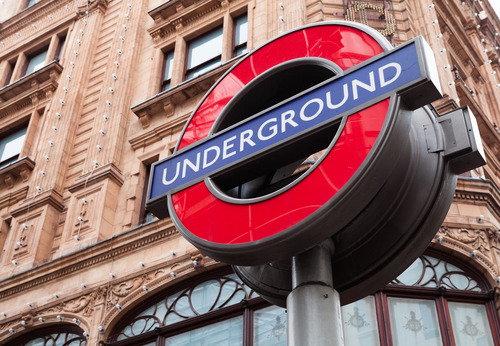Among the myriad of trials and tribulations involved in starting and growing a business, the importance of location is often deemed less pressing than the likes of business plans, funding rounds and marketing efforts. And yet, it can have a fundamental impact on the company’s growth and success – or lack thereof.
Why physical location matters
Research has consistently highlighted the importance of location to a business. In my previous post, for instance, I cited a recent survey by the British Council for Offices, which found that the location and comfort of a workplace can have a significant effect on recruitment, job satisfaction, retention and productivity – all important for starting and growing a successful business.
And while the rise of flexible and remote working has lent itself to a narrative – adopted by some – that suggests the relevance of cities as start-up hubs may dwindle, this seems unlikely in reality. As Hagel and Brown note, people are moving into urban areas at an accelerating rate — over half of the world’s population now live in dense cities compared with 30 per cent in 1950. If location no longer mattered in terms of economic potential for an individual (or indeed a business), it seems likely that more people would stay in place rather than uproot themselves to relocate.
Above all, most employees still see the office as the place where they can be most productive – and top talent still often seeks out the intangible ‘buzz’ of a thriving city centre which boasts clusters such as London’s financial district or ‘Tech City’.
Access to market
A key point to make here is that every business is different, so the requirements in terms of space and location will vary. The one constant, however, is access to market: wherever your business is based, it must have easy access to the market it serves. The partners and suppliers you build relationships with, the customers you target, and any other stakeholders – possibly even government – can profoundly impact the success of the company.
Even if your business is primarily online, having easy access to this ecosystem can be a huge benefit. And for retailers, the old adage of ‘keep your friends close, and your enemies closer’ couldn’t be more apt: clusters of competitors are often good news for all parties, as they benefit from each other’s’ marketing efforts and the comparison-driven purchasing habits of the public.
Don’t rule out the Midlands
Cities north of London once dominated as industrial powerhouses, and the Midlands is now seeing a resurgence. One such example is Birmingham, where a wave of innovation in the manufacturing sector is now dominating research and development in the UK economy. The University of Birmingham is also set to open a new £6.8 million biomedical hub this summer, offering laboratory and office space to boost Birmingham’s burgeoning life sciences sector.
The HS2 project, it is hoped, should also provide the Midlands with fast access to both London and the north of the country – making its central position even more valuable.
Embrace the agglomeration effect
With space in high demand, a continued increase in rent costs across London (23 per cent in the last three years) has resulted in prospective tenants questioning whether it’s worth paying the price to set up shop in the capital.
And yet, it’s important to consider the ‘agglomeration’ effect London benefits from so visibly, whereby like-minded individuals and groups of businesses naturally cluster together in order to copy, collaborate and compete. That means not only would you benefit from being around a wealth of similarly innovative and ambitious start-ups in London, but you will also be tapping into the biggest talent melting pot in the world. I often see this particular effect in action when it comes to Avanta’s clients, who cite access to top talent and the global prestige London represents as key in their decision to base themselves there.
That’s not to mention access to most of the UK’s major funding firms, government, export links and a recent report which ranked London as one of the world’s top ten start-up ecosystems (and number one in Europe) – all of which make the lure of London a hard one to resist.
Ultimately, the decision has to be about what’s best for your business. These points will all be relevant to Britain’s burgeoning community of entrepreneurs, but those who can work out what impacts their own business the most will stand the greatest chance of success.





